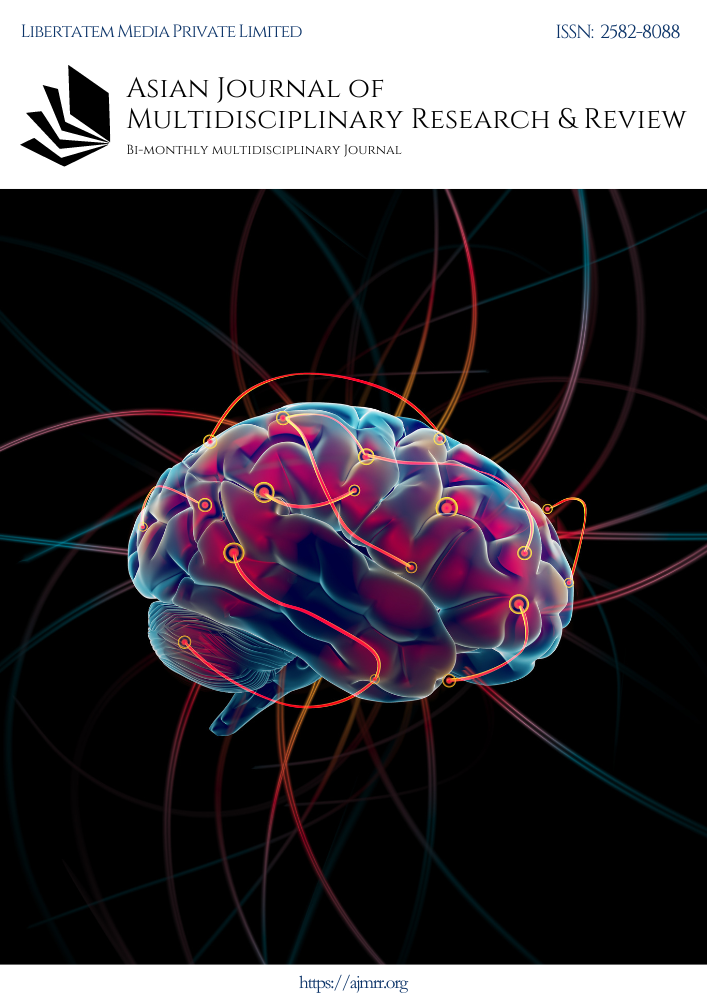PEACE AND WAR: WHAT IS NEXT IN THE BANGSAMORO PEACE PROCESS, PHILIPPINES?
Keywords:
Bangsamoro, Peace ProcessAbstract
After forty six years of peace process, the Philippine government has now granted an autonomous government for its Muslim population. The long history of the conflict and the failed approaches to resolve it have created deep divisions among the Bangsamoro and the Filipino people, which regards any peace agreements with distrust or, at the most, fortified confidence. With this, as a basis of analysis, the researcher used several theories particularly the Moral Theory of Justice by (Rawls 1971), the Lay Theory of Peace by (Leshem and Halperin 2020) and the Conflict Transformation by (Lederach 1996). These theories have played significant role in examining the Bangsamoro peace process which has been now an ideal model to the conflicting areas around the world. Furthermore, the data used in this research was purely qualitative as it is gained from reliable and authentic books, journals, and first-hand sources such as Key Informant Interviews (KII) and Focus Group Discussions (FGD). More precisely, the main aims of this paper are to examine the previous efforts in relation to post-conflict reconstruction and will delve into important issues and challenges in the Bangsamoro peace process that can impede peacebuilding.
Downloads
Downloads
Published
Issue
Section
License

This work is licensed under a Creative Commons Attribution-NonCommercial-ShareAlike 4.0 International License.
License Terms
Ownership and Licensing:
Authors of research papers submitted to the Asian Journal of Multidisciplinary Research & Review (AJMRR) retain the copyright of their work while granting the journal certain rights. Authors maintain ownership of the copyright and grant the journal a right of first publication. Simultaneously, authors agree to license their research papers under the Creative Commons Attribution-ShareAlike 4.0 International (CC BY-SA 4.0) License.
License Permissions:
Under the CC BY-SA 4.0 License, others are permitted to share and adapt the work, even for commercial purposes, as long as proper attribution is given to the authors and acknowledgment is made of the initial publication in the Asian Journal of Multidisciplinary Research & Review. This license allows for the broad dissemination and utilization of research papers.
Additional Distribution Arrangements:
Authors are free to enter into separate contractual arrangements for the non-exclusive distribution of the journal's published version of the work (e.g., posting it to institutional repositories or publishing it in books), provided they acknowledge the initial publication of the work in the Asian Journal of Multidisciplinary Research & Review.
Online Posting:
Authors are encouraged to share their work online (e.g., in institutional repositories or on personal websites) both prior to and during the submission process to the journal. This practice can lead to productive exchanges and greater citation of published work.
Responsibility and Liability:
Authors are responsible for ensuring that their research papers do not infringe upon the copyright, privacy, or other rights of any third party. The Asian Journal of Multidisciplinary Research & Review disclaims any liability or responsibility for any copyright infringement or violation of third-party rights in the research papers.



